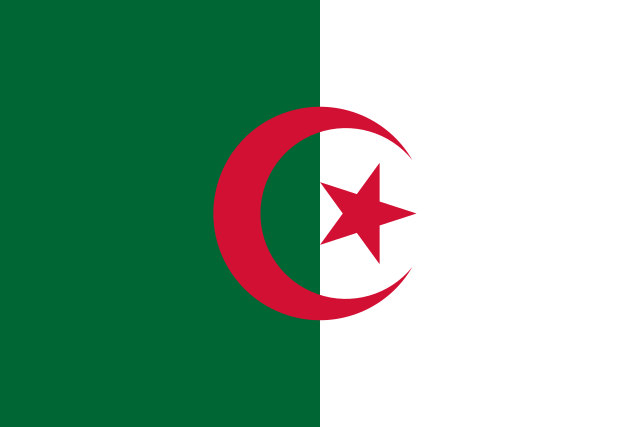Skip to Main Content
Algeria



Disability Definition
“Anyone who has long-term or lasting physical, sensory, mental or intellectual impairment which, in interaction with various barriers, may hinder his or her full and effective participation in society on an equal basis with others.”
Legislation
On May 8, 2002, Algeria adopted an Act focusing on the protection and promotion of persons with disabilities.“Identified the specific needs of persons with disabilities and aims to promote their inclusion in society. It recognized the right of persons with disabilities to access health services, education, training and employment.”Articles 29 and 31 of the Constitution set out the principle of equal rights and responsibilities for all citizens, removing the obstacles that hinder the full development of the individual and impede the participation of all persons in political, economic, social and cultural life.
Employer Legal Requirements
Arts. 25 to 29 of the Act:Define the principles governing the employment of persons with disabilities in the public and private sectors and the benefits granted to anyone who employs persons with disabilities. The Act establishes, a quota system for the employment of persons with disabilities. Art. 27(1) provides that “all employers must ensure that at least 1 per cent of posts are filled by persons with disabilities whose status as workers is recognized.” The Act also provides for alternative measures (Art. 27(2) where a person with disabilities cannot be recruited directly. In such cases, the employer must make a financial contribution to a special fund that finances the protection and promotion of persons with disabilities. Art. 28 provides for incentives to encourage employers to hire persons with disabilities. Employers who adapt workplaces, including equipment, for persons with disabilities receive grants under agreements concluded by the State, local authorities and social security bodies. Committee on the Rights of Persons with Disabilities reviews the report of Algeria
Accessibility Requirements
National Standard No. 16227 – “In order to enable persons with disabilities to live independently and participate fully in all aspects of life, it is imperative to remove all obstacles and barriers to accessibility found in buildings, on public thoroughfares and in other indoor or outdoor facilities, schools, housing, workplaces, places of worship and all premises open to the public.” The National Microcredit Management Agency provides many resources to support the inclusion of disabled people in the workplace. “Personalized support and special monitoring: given the specific characteristics of this sector of the population, the Agency provides personalized support and special monitoring, taking into consideration the human and social dimension of persons with disabilities.” “Training: training in creating and managing micro-activities and/or micro-businesses is offered to persons with disabilities on the same basis as to persons without disabilities.” More information under Article 27, 252
Cultural Norms
Many disability laws have been put in place throughout Algeria but most of them are failed to be fully implemented. Algeria’s societal view on disability is evolving, but people with disabilities are still not fully included in society.
Insights
“According to the 1998 census, there were 1.6 million persons with disabilities in Algeria, and the number was estimated at two million today.”
